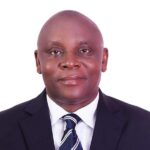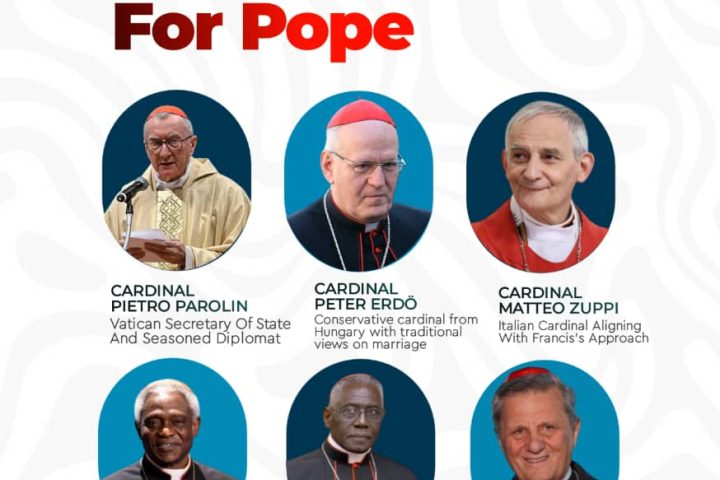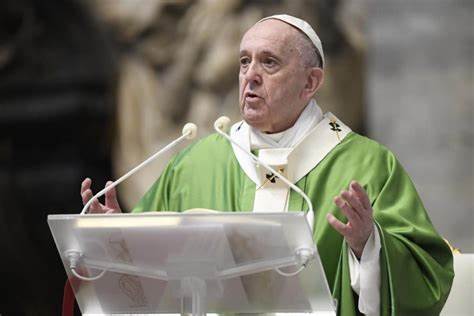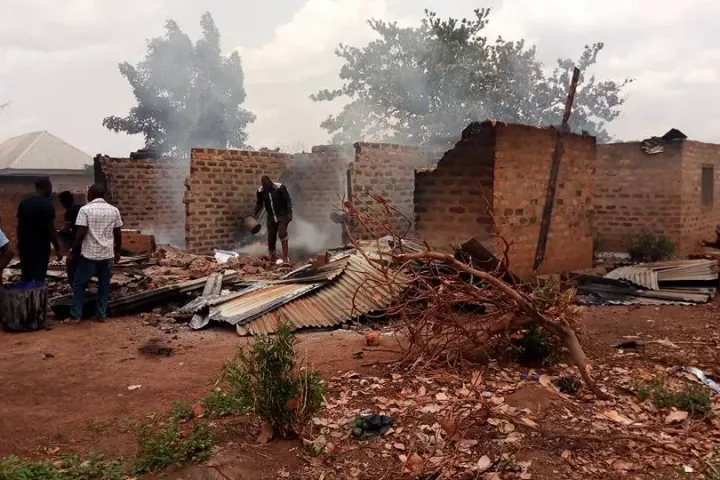For over four months now, the Monetary Policy Committee of the Central Bank of Nigeria has failed to hold its statutory meeting and the bank has not stated convincing reasons for this failure. The 294th MPC meeting was scheduled for Monday, November 20 and Tuesday, Nov 21. The MPC is created by the CBN Act 2007 to assist the bank in attaining price stability and support economic policy of the federal government. It is also designed to serve other important functions such as review economic and financial conditions in the economy; determine appropriate stance of policy in the short to medium term; review regularly the CBN monetary policy framework and adopt changes when necessary; and communicate monetary/financial decisions effectively to the public and ensure the credibility of the model of transmission mechanism of the monetary policy. The law indicates that the MPC is the highest policy making committee in the bank with a mandate to formulate monetary and credit policy for the bank. In simple terms, the MPC is the chief economic and monetary adviser to the bank, the financial industry and the government. It determines the base lending rate that guide the banks in determining their interest rates. The CBN Act also stipulates that the MPC should meet every two months, or more often if there is an emergency. There is, however, no provision for delays or failures to meet.
In a terse statement on the recent postponement, CBN Director of Corporate Communications, Isa Abdulmumin, said Monday, ‘’MPC not meeting this week. All roads lead to the 2023 Chartered Institute of Bankers (CIBN) dinner scheduled for November 24, 2023’’. But there is more to it than the bankers’ dinner. By its failure to convene the MPC meeting, the bank is therefore in breach of its own law and this is causing anxiety and unease in the financial services industry and the economy as a whole. ‘’MPC not meeting creates anxiety and uncertainty in the system’’, says Prof. Akpan Ekpo, an eminent economist who was once a member of the Committee. He continues: ‘’This is unhealthy for an economy in which all macro fundamentals are moving in the wrong direction. Inflation is approaching a runaway level, forex market is in disarray, rate of unemployment is almost 40%, with misery index approaching 86%. The MPR is the anchor rate which influences lending, and with a negative real interest rate, banks and other financial institutions would be at a loss on the way forward. I suspect the new CBN Team is trying to rejig the management team as well as compose the MPC. However unnecessary delays would have adverse effects on the economy’’. A director in the CBN also spoke with the same tone with me last night. He noted that the delay in composing the MPC is due to non-receipt of nominations from the Presidency and this could create unnecessary apprehensions in the system. ‘’I can’t remember when we last had this type of delay since MPC was first established in 2005’’, he said.
Join our WhatsApp ChannelThe membership of the MPC consists of the Governor (who serves as its chairman); the four deputy governors; two members of the bank’s Board of Directors; three members appointed by the President and two members appointed by the Governor. I understand that President Tinubu is yet to make his appointments into the Committee and approve those nominated by the Governor and that’s the reason the Committee has not met since the new CBN Governors were approved by the Senate in September. The delay is therefore avoidable. The composition of the MPC should be a priority.
The MPC is served by two technical committees within the bank: Monetary Policy Technical Committee (MPTC) and Monetary Policy Implementation Committee (MPIC). MPTC is chaired by the Deputy Governor (Economic Policy) and members are directors in charge of Monetary Policy; Banking Supervision; Financial Markets; Development Finance; Financial Policy & Regulation; Research; Reserve management; Risk Management; Statistics; Other Financial Institutions; Trade & Exchange. The Special Adviser to the Governor, Economic & Financial Matters is also a member). MPTC meets monthly to review emerging risks and developments in the global and domestic economies and make recommendations to the bank’s management (the Governor and the deputies) and the MPC.
The MPIC is also chaired by the Deputy Governor in charge of Economic Policy, but its members are mostly the same directors who are member of MPTC. There are others like directors in charge of Banking Operations and Currency Operations. MPIC’s core mandates are to review the level of liquidity in the banking system to ensure that it’s in tandem with the CBN’s liquidity objectives for non-inflationary growth; review prudential requirements for banks; review fiscal operations and analyze their impacts and identify critical monetary policy issues. It is notable that the both MPTC and MPIC have been meeting even as MPC is yet to be composed.
From all indications, we may not have another MPC meeting in 2023 after the last one which was held in August. That’s not good enough. As President Tinubu and his team travel the world looking for the elusive foreign investors, it is important to note that the investors themselves are also looking for serious, stable and well-managed countries governed by rule of law and good governance. Already, investors are very anxious about the restrictions in our foreign exchange markets which limit ability to repatriate profits and dividends. I recall that Nigeria was thrown out of two important bond indexes in 2015 for restrictions in the foreign exchange market. Foreign airlines, in particular, have had difficulties in repatriating their incomes. It is advisable that we take steps to assuage frayed nerves in the way we manage our economy.



















Follow Us